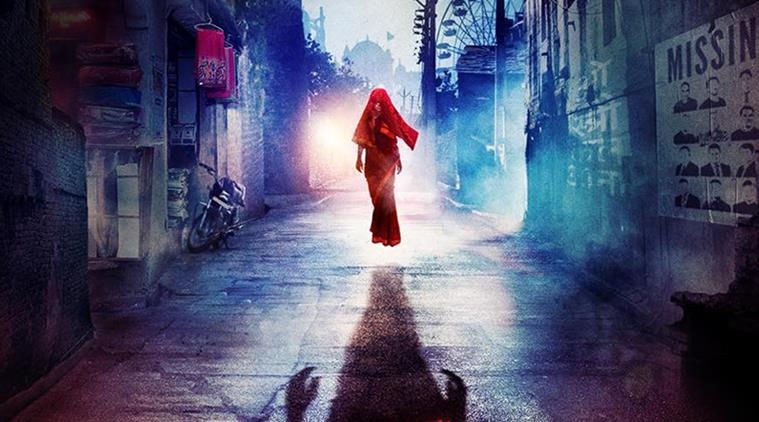
I hail from a small village in Rajasthan. While growing up, I remember a viral sensation that gripped the whole town. Everyone was pasting palm impressions of henna (mehndi) at the front of their house. Be it at the main wooden door, or under the electricity meter on the front wall, or at the entrance into the street itself. The reason people were willing to spoil an expensive fresh Diwali paint and their sweet front view, was a rumor which spread like wildfire. That a witch was roaming around the village. She would arrive at a house having young children in broad daylight, knock on the front door and ask for 'a roti and kaccha pyaz' (a flatbread and raw onions). Those generous victims who granted her these innocuous food items, would face an imminent child death in household. To dissuade her from knocking at one's house, one must place henna palm-prints at the front door, so she would spare those houses.
I saw the crazy frenzy that ensued and how all houses in my village overnight adhered to this mass hysteria. Doesn't matter the occupation- farmer, shopkeeper, clerk, lawyer, teacher, doctor- everyone alike. Fun fact, these prints were not washable so easily. So when I visited any other village or my cousin's place in another district itself- every house I saw had the same palm prints there too. An entire region had the exact same rumor believed religiously. That episode was my first encounter with power of rumor and fear mongering. In Northern India, such incidents on mass scale keep happening every decade or so. Monkey man or Onion witch, whatever form or version of the myth you hear- it's never restricted around just a village or city. An entire region or state(s) gets infected with this viral fever.
Chanderi- the Madhya Pradesh village set as the center piece in story of 2018 laugh riot blockbuster Stree, boasts of a similar phenomenon, claimed to be based on a true story. While it may have been influenced by a string of many similar incidents reported across the country, the one that sparkles out of the lot for its eerily similar plot- is not from North India, but surprisingly from Bangalore. Yes, Bangalore. You heard that right. One of the most educated cities and the revered IT hub of India. This urban legend is known there as the myth of 'Nale Ba'. Another women centric vilification plot which involved a witch, hunting across the city at dark hours. She would knock at the door Twice and call out an unsuspecting victim's name in the voice of a beloved one. Mostly in their mothers' voice. Those poor soul who would open it, would pay the price with their lives. To chase this ghost or witch away, people used to write Nale Ba outside their houses, which in Kannada translated to- "Come tomorrow". Can you see the symmetry here with "O Stree Kal Aana"?
Just look at the cultural difference (or may be the irony), in Northern India the ghost can only recognize thumb prints and in IT hub of country, the ghost is well educated. But whichever version you take, effort is always on fooling this unknown entity into sparing it tonight, returning tomorrow and letting this whole cycle repeat itself, rather than confronting the ghost. Even today, people in some parts of Bangalore are ready to swear on their lives behind veracity of this myth and how they know somebody in somebody's relation who was killed by this ghost.
Share an urban legend you remember in comment section below or at: https://www.instagram.com/p/BtM-tPKBTfh/?utm_source=ig_share_sheet&igshid=q4rvajp6s6hw
Comentários